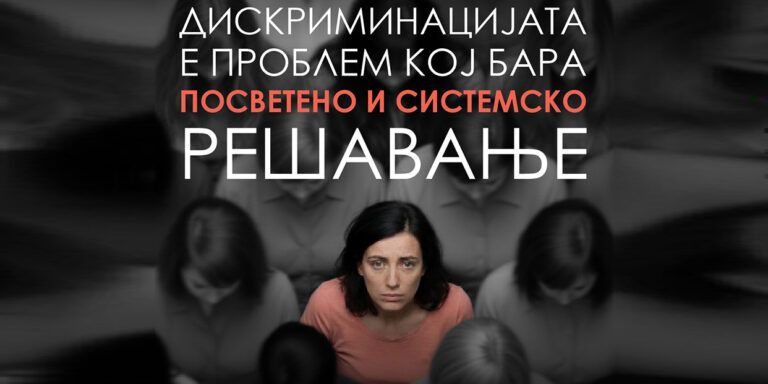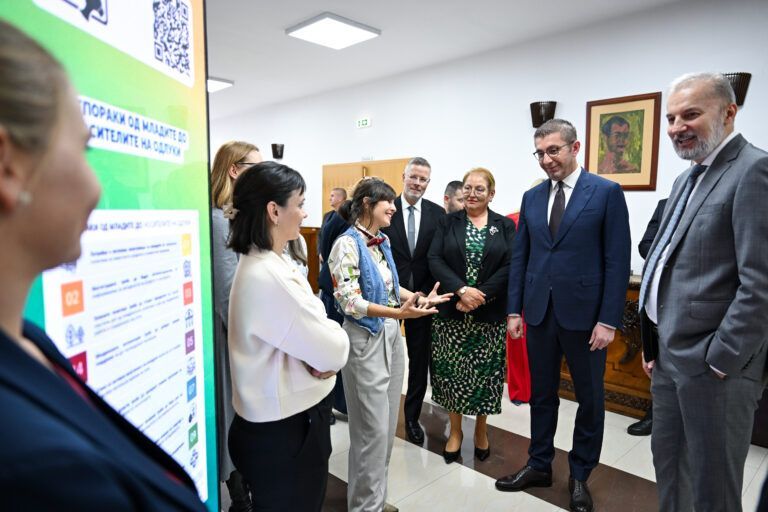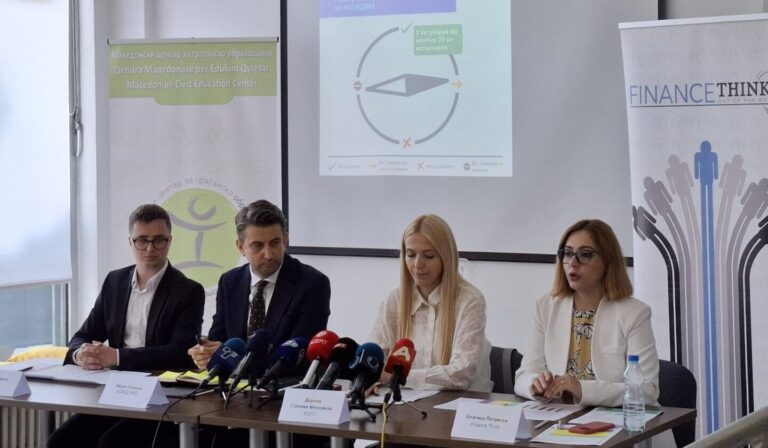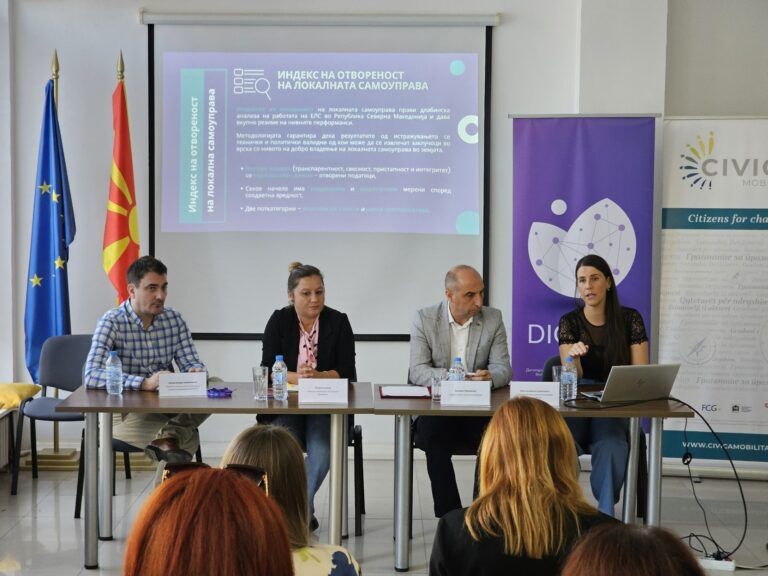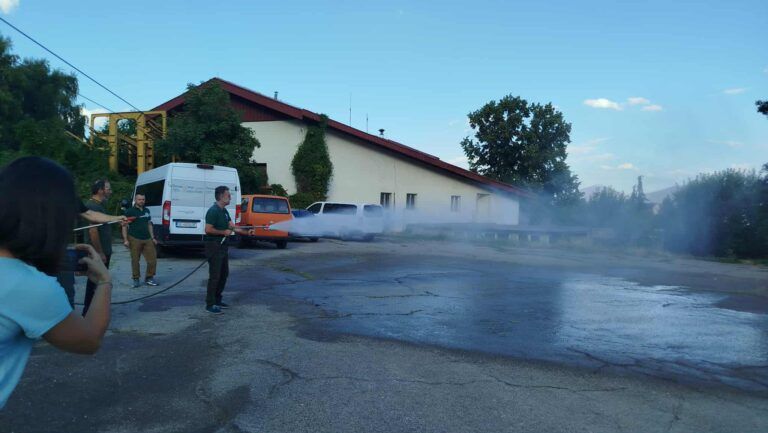THE STREET – THE BITTER HOME OF THE HOMELESS (I)
What lies behind the murder of Skopje’s homeless man, Severdzan Sejfula? Why are institutions inert, and the state uninterested in the fate of the homeless? Is the life of the homeless worthless? SKUP investigated several cases in which homeless people were victims of hooligans, but also of the inappropriate attitude of institutions.
Authors: Sandra Nikchevska, Iva Andreevska, Monika Sebik
Many childhood and youth memories tied Severdzan Sejfula to the old house in Chair. That house was bought by his father in 1957, just six years before he was born. In this home, he grew up with his brother and four sisters. At the age of 32, he got married and had one son from that marriage. However, he divorced after only a year.
From this point on, Severdzan’s life began to turn upside down. Two years later, his father, who had financially helped him survive in the old memory-filled house, passed away. The old house began to crumble, along with Severdzan’s plans, forcing him to look for a roof over his head.
He relied on his sisters who lived in Bitola, but after they too passed away, he began wandering the streets of Skopje.
“We tried to bring him to Belgium. But he had no luck,” says his cousin, Lejla Ademov, who lives in Belgium.
The street was also the place where Severdzan spent the final moments of his life — a life full of misfortunes and injustices. A few months ago, he was killed there under unclear circumstances, which are still the subject of police investigations.
On March 16, 2017, the Ministry of Interior, as media reported at the time, issued a statement about the murder of a homeless man:
“The Skopje Police Department filed charges against a 19-year-old M.Z. from Skopje for ‘murder’, for which a pre-trial judge ordered the measure ‘passport confiscation’ and the obligation to report to a police station every day.”
“On the first of this month, around 15 minutes after midnight, the 52-year-old S.S. from Skopje, while walking along the sidewalk of ‘St. Kliment Ohridski’ Boulevard, was struck in the back of the head with a piece of paving block by an attacker riding a bicycle.”
“From the blow, the Skopje man fell to the sidewalk and remained lying there, where he was found by a member of the Alpha Unit,” the police statement reads.
THE HOMELESS MAN WAS KILLED IN AN ARGUMENT WITH A BLOW FROM A BLUNT OBJECT
Severdzan was brutally murdered in the center of Skopje, allegedly for still undetermined motives.
The Ministry of Interior, the Prosecutor’s Office, and the Court all say that the case of homeless man Severdzan Sejfula is still open. However, in addition to the slowness of the investigation, these institutions are also delaying with precise answers to SKUP’s questions regarding this story.
The last winter of his life, Sejfula spent in the Red Cross shelter in Macedonia. Dragana Lazarevska from this humanitarian organization confirmed that he had been accommodated in the shelter for the homeless.
Dragana Lazarevska:
“He spent the entire winter period in the shelter for the homeless. With supervision over alcohol consumption and the taking of appropriate medical therapy, his health condition improved to a large extent. The murder of this homeless person happened after he left the shelter,” Lazarevska said.
The Helsinki Committee is also familiar with the case. Uranija Pirovska, president of the organization, says there are many question marks about how Sejfula became homeless and why he was murdered.
“We do not have exact information on how and why Severdzan Sejfula became homeless. It was obvious that this man was not illiterate, that he had once lived in very different conditions, that he had had a normal life. How it came to him ending up on the street is still not entirely clear to us.”
Pirovska adds that homeless people are very often in a difficult, unpredictable psychological state or under the influence of alcohol. It is very necessary, she says, “to pass a law on social housing so that homeless people can be accommodated.”
HOW MUCH IS A HOMELESS MAN’S LIFE WORTH?
The inertia of the institutions and the silence of the public about the case of the murdered homeless man, Severdzan Sejfula, bring to the surface the question of whether people without an address have any value.
The SKUP team “wore out iron shoes” to present to the public the police crime scene report made by homicide inspectors K.G. and E.T., to obtain answers from the Prosecutor’s Office, and to check with the Court whether any legal proceedings had been initiated.
The investigation seems to be frozen. We waited far too long for responses from the Ministry of Interior, the Prosecutor’s Office, and the Court. Will the Law on Free Access to Public Information at least help?
Acting under this law, the Ministry of Interior finally sent a written response signed by Assistant Minister Jordan Lajmanoski, in which, regarding the Severdzan case, it is stated:
“Regarding your question about the murder of the person with the initials S.S., we inform you that the same had a registered place of residence and is not recorded as homeless. After measures were taken by the Skopje Police Department, a criminal complaint was filed against one perpetrator for reasonable suspicion of committing the criminal offense ‘murder’.”
From the Basic Public Prosecutor’s Office in Skopje, in response to SKUP’s question whether a case had been opened and what stage the proceedings were at in the murder of homeless man Severdzan Sejfula, the answer was brief:
“The case you are writing about is being handled by the Basic Public Prosecutor’s Office in Skopje. The competent public prosecutor has undertaken numerous actions and gathered substantial material evidence aimed at clarifying the criminal event. We are awaiting the arrival of a report from the next forensic examination. Afterwards, upon review and analysis of the collected evidence, a prosecutorial decision will be made.”
SKUP also requested additional answers on from whom exactly the Basic Public Prosecutor’s Office in Skopje was “awaiting the arrival of the report from the next forensic examination.” This time, no response arrived.
In the response from the Basic Court Skopje 1, requested under the Law on Free Access to Public Information, it is stated:
“The Court, acting upon the request, decided to grant you access to the requested information, but taking into account the ACMIS system used by this court, it is not possible to search by data for injured parties, as stated in your request, but only by data for accused persons who are a party to the proceedings.”
The SKUP team was therefore asked by the Court to provide “data on the accused person” so that the case number could be located and the requested information provided. But again, there was no answer on whether any indictment or other act had been received from the Prosecutor’s Office regarding the victim, Severdzan Sejfula, and whether the identity of the accused for the murder of the Skopje homeless man was stated in such an act.
TO BE CONTINUED…




